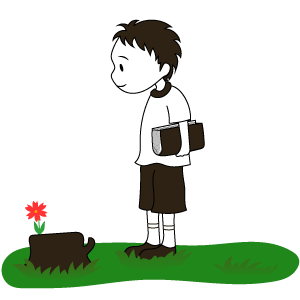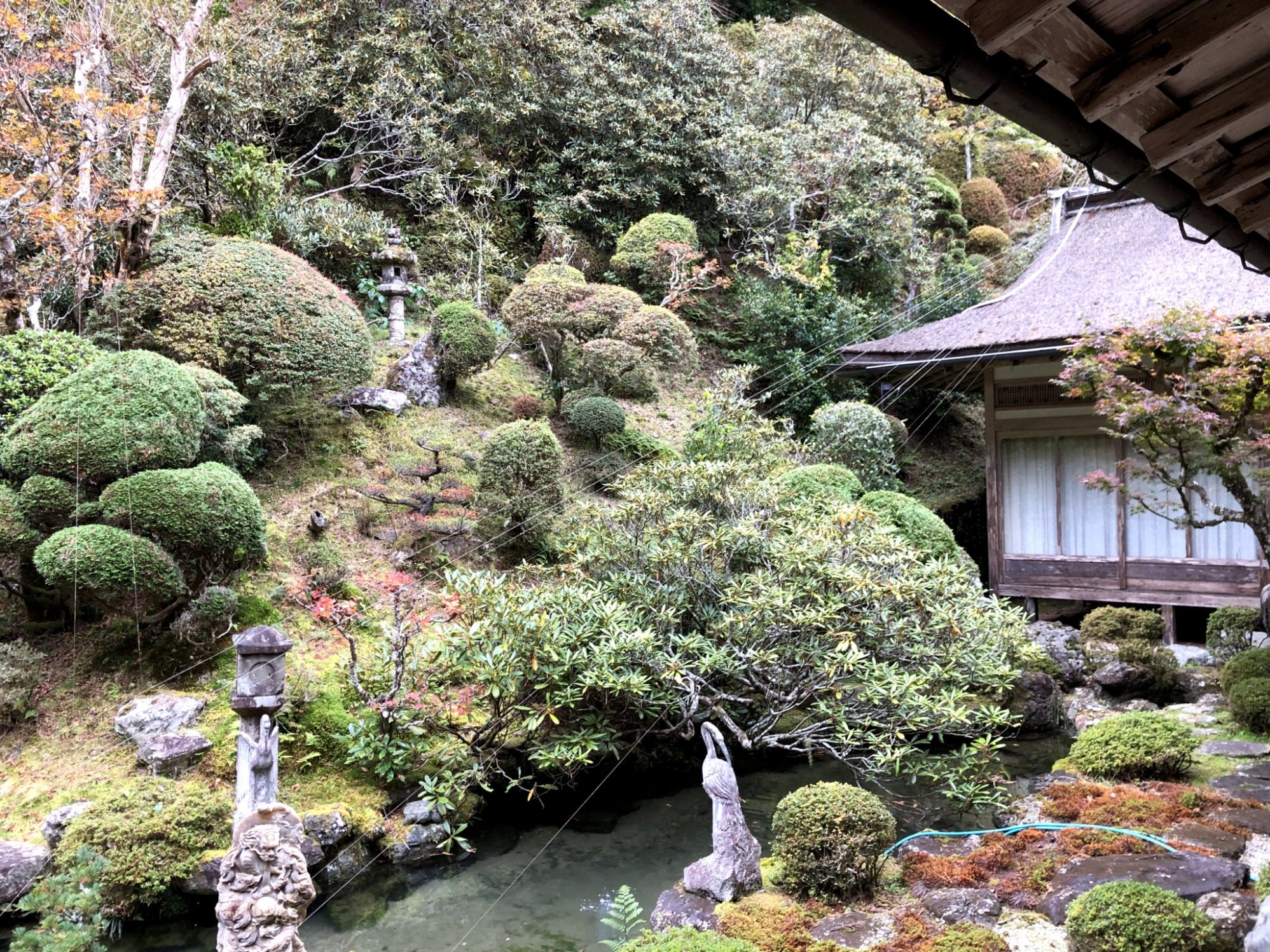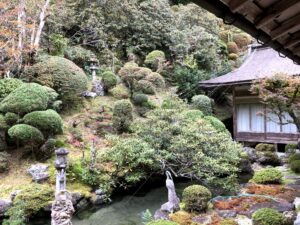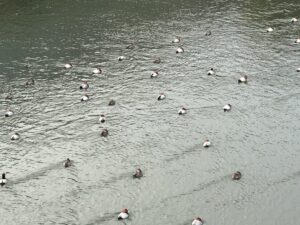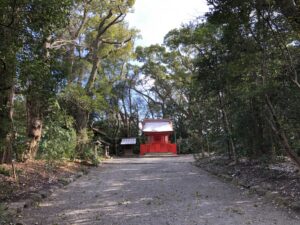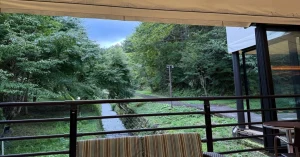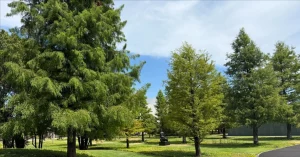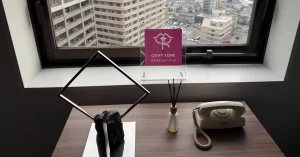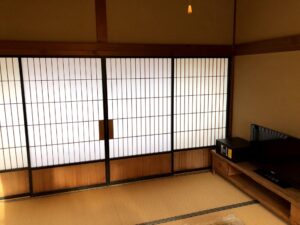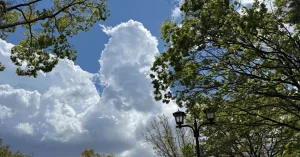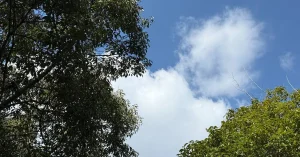Recently, after reading a feature on “tea” in Bijutsu Shincho, I have been experiencing a boom in Rikyu. Actually, this is not the first time I have experienced this boom, but the third time.
The first time was a few decades ago when my maternal grandfather passed away and I received a set of tea utensils in exchange for a share of his estate.
My grandfather was apparently a master of the Koryu (?) school of flower arrangement in addition to his regular business of pottery manufacturing. He was a master of an old school of flower arrangement called “Koryu” (?), and since he could not find suitable ceramics for flower arrangement, he started to make them himself. Naturally, he also enjoyed tea ceremony, which is why he kept the tea utensils.
My parents were not that interested in either flower arrangement or tea ceremony, and somehow the old set of tea utensils was given to me. I was still in junior high school, so I didn’t even know what to do with them, as they were just strange wooden tools.
However, for some reason, this old tea utensil appealed to me, and I would sometimes take it out of the closet and look at it idly.
At that time, I told my parents that I wanted to learn tea ceremony, but they immediately rejected my request. I thought at least my mother would be happy about it, but she totally rejected it (probably because she was forced to learn it and hated it).
Even in those days, there was (still is?) a strong tendency that tea was not a man’s lesson, but a bride’s training or something for young ladies in a good family to do. It was (still is?) a very hard thing for me to say.
I didn’t have the power to do it, so I decided to go to a guitar lesson instead.
The days passed by again, and my family moved out of the house, and for the first time in a long while, I decided to bring the tea ceremony utensils out into the open.
To my surprise, most of them had been eaten away by insects, and not only were there holes in them, but they had decayed to the point of almost losing their original shape, and only the tip of the tea whisk remained, as if the insects had not enjoyed it. The rest was nothing but insect feces.
The rest was just insect feces… The set of tea utensils ended up in the trash.
At that time, my mother suddenly remembered that she had said, “You know, looking at you, your father (grandfather) may look the most like me out of all his grandchildren (there are about fifteen of them).
Hearing this, I felt guilty that I had trashed the set of tea utensils he had bequeathed to me, wondering why he had not told me sooner.
I was a college student at the time. I was a university student at the time, so I sincerely regretted it and started reading tea-related books again.
I started reading “The Book of Tea” by Okakura Tenshin, biographies of Rikyu, movies, and so on. But for some reason, the boom ended soon after that time, and I didn’t even want to learn.
And this is the third time. Times have changed, and I wanted to learn tea again, so I did a lot of research, but there are so many different schools, and I didn’t know which one was the best. But there are so many schools and I don’t know which one is the best. (By the way, “Nichinichi Kore Kohi Hi” starring Hana Kuroki and Kilin Kiki is a very good movie.)
So, in the end, I decided to do it my own way. I read “An Introduction to Rikyu” by Soshin Kimura, which was also a big help.
It said that the tea ceremony in the old days was more free and generous. Rikyu would be surprised if he saw the world of the tea ceremony today.
In the end, I came to my usual self-serving conclusion that as long as the essence of tea is grasped and its spirit is expressed, the form of the tea ceremony, such as tea utensils, hanging scrolls, and tearooms, is of no importance.
The tea ceremony is about the master’s cordial hospitality to his guests, while discussing and laughing about things far removed from the mundane (politics, economics, etc.). The utensils are merely a means to that end.
See you soon.
